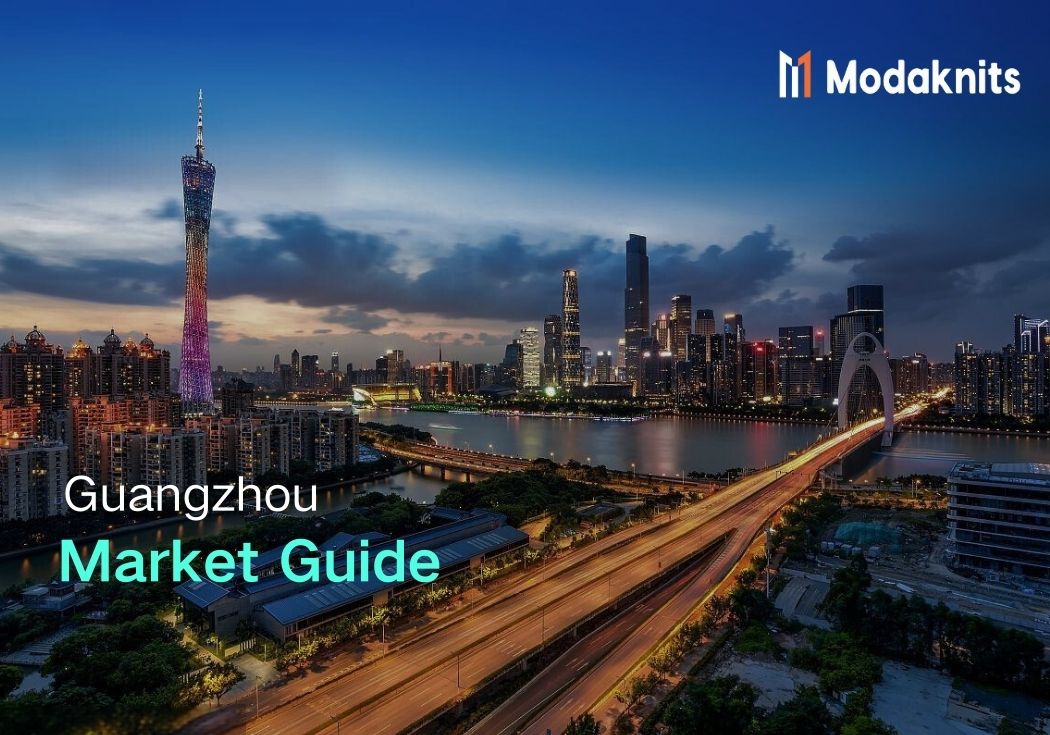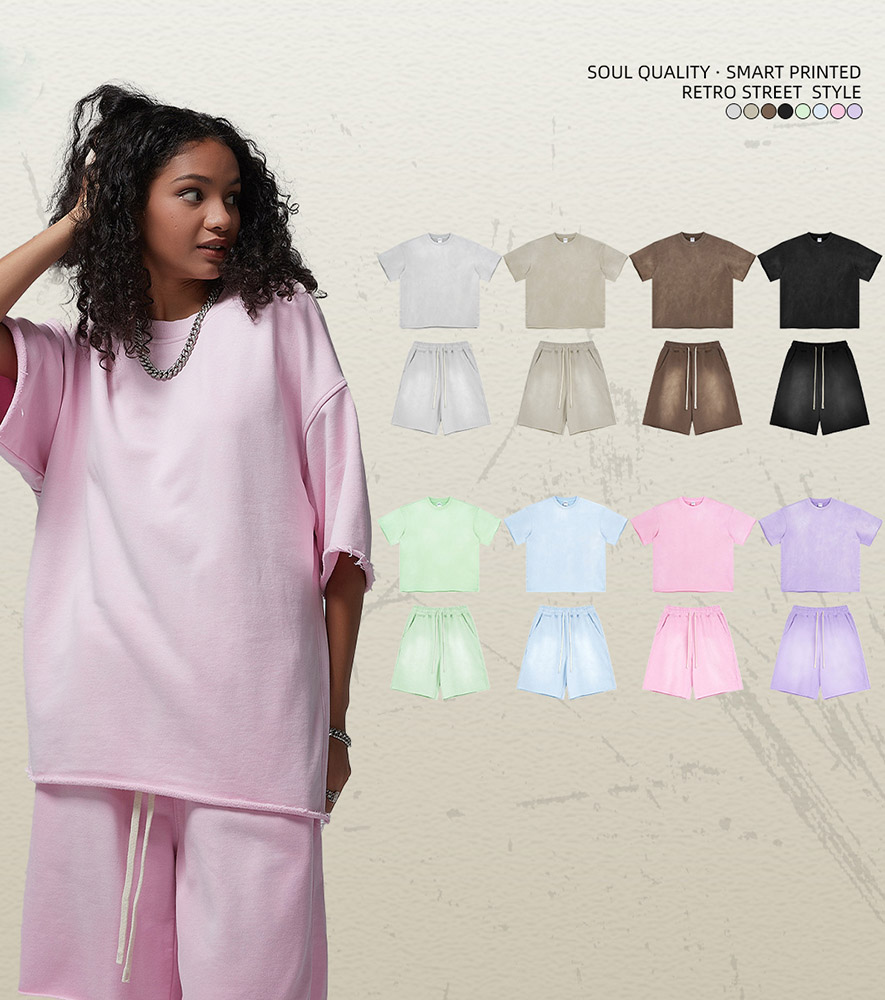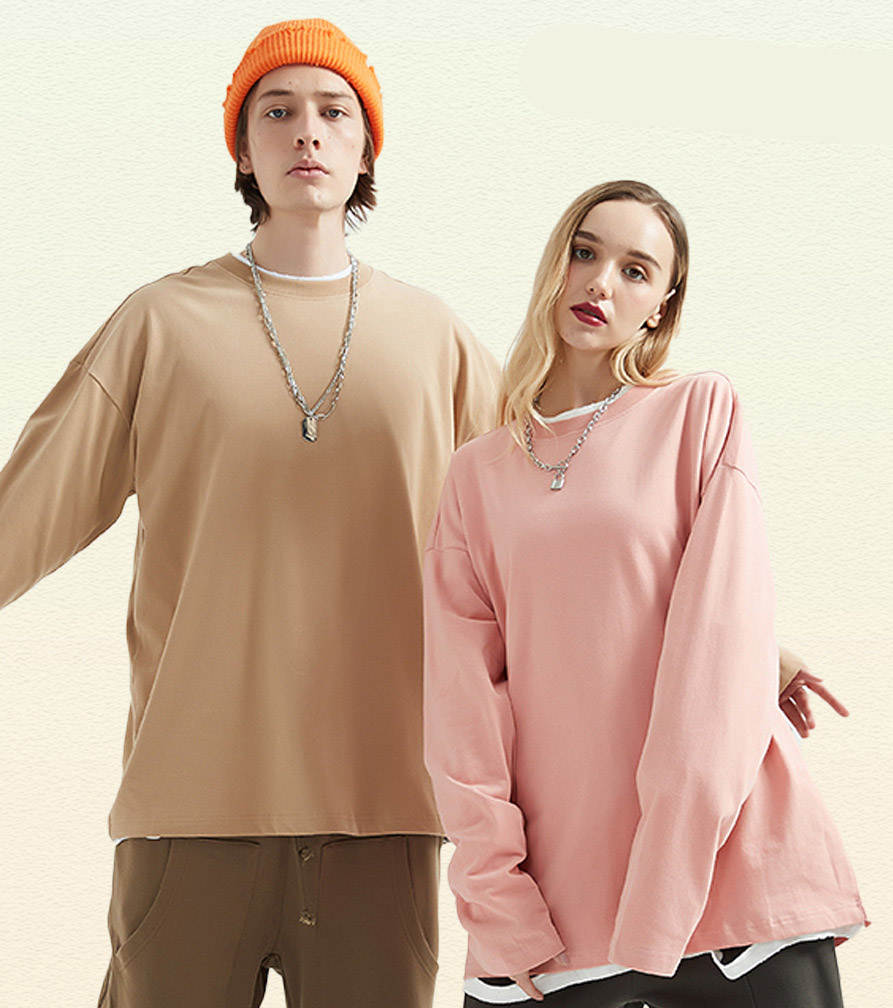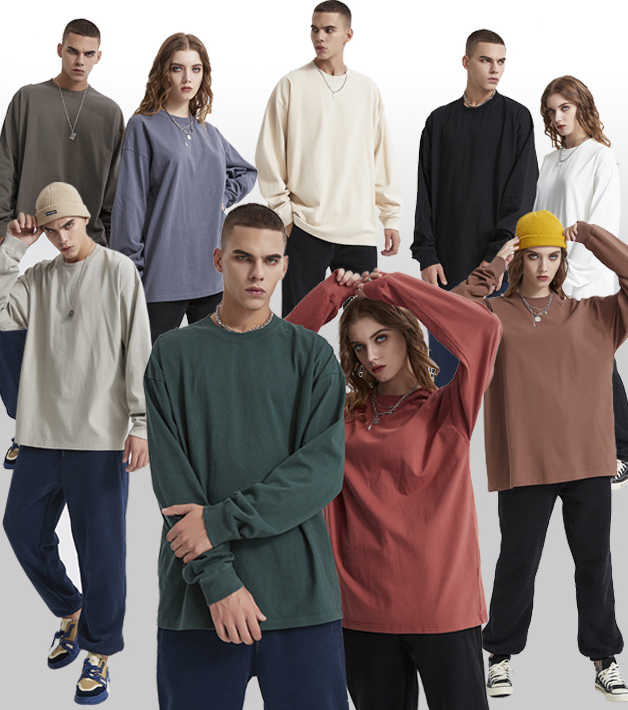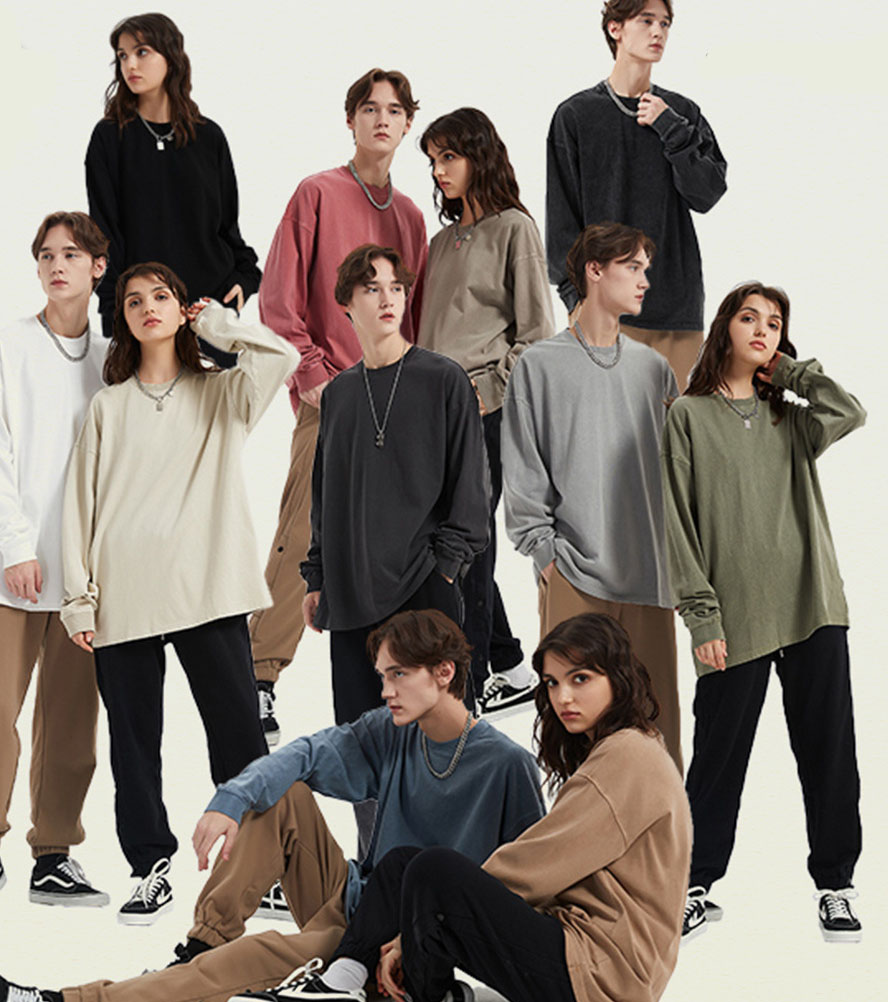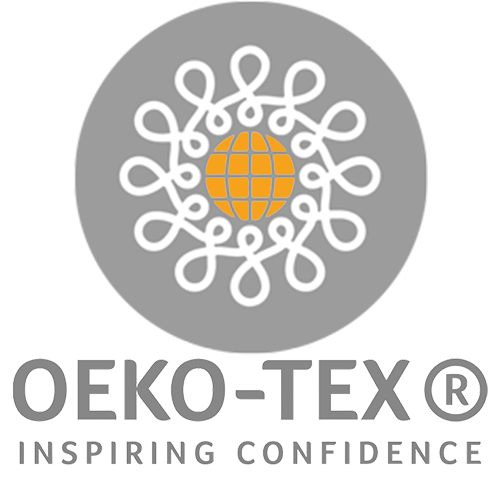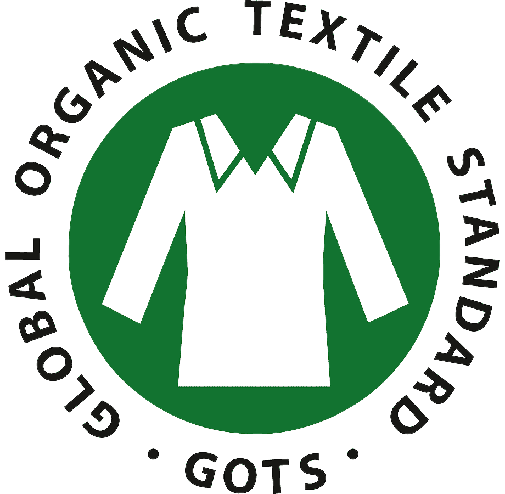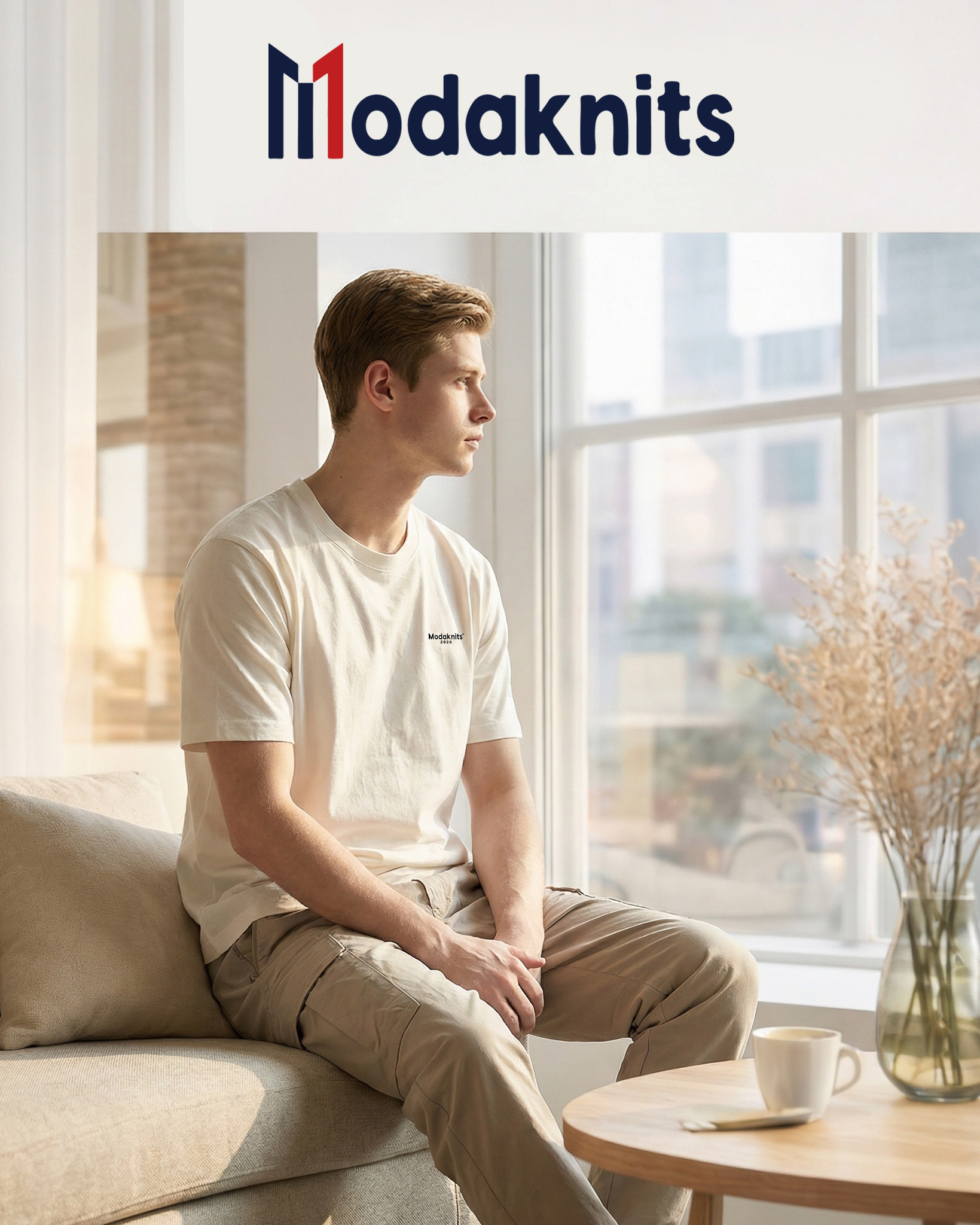Private labeling has become an essential strategy for brands and retailers looking to establish their own clothing lines without the burden of manufacturing. In the apparel industry, private labeling allows companies to sell products under their own brand name, even if those products are made by a third-party manufacturer. This method offers flexibility, efficiency, and cost-saving benefits that can empower businesses to scale quickly while maintaining control over their brand identity.
For private label apparel manufacturers, the challenge lies in offering quality, flexibility, and timely delivery to meet the unique needs of each brand. From small startups to well-established retail chains, private label clothing manufacturing plays a pivotal role in the fashion supply chain, helping brands create customized products that reflect their values and appeal to specific consumer demographics1.
In this guide, we will explore what private labeling is, how it works in the apparel industry2, the types of private labels available, and how both brands and manufacturers can collaborate for success.
What Does Private Labeling Mean in the Apparel Industry?
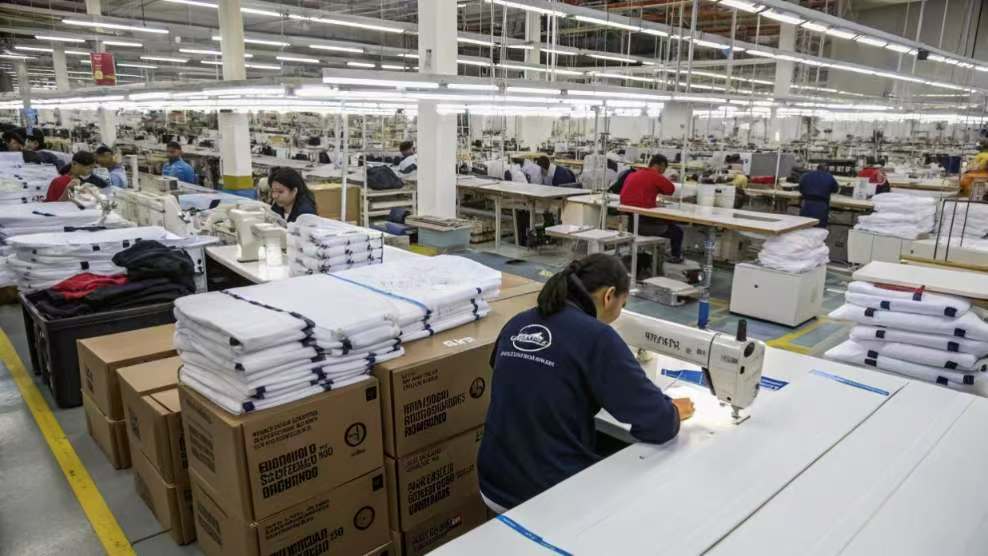
Garment Production Line
Private labeling3 in apparel manufacturing refers to the process where a manufacturer produces clothing on behalf of a retailer or brand, who then sells the clothing under their own brand name. It allows brands to control their product’s design, fit, branding4, and marketing, while outsourcing the manufacturing process to specialized factories.
How Do Private Label Apparel Manufacturers Create Custom Clothing for Brands?
Private label apparel manufacturers provide a full range of services:
- Custom Design: They work closely with brands to bring design ideas to life, ensuring the product aligns with the brand’s vision.
- Material Sourcing: Manufacturers assist brands in selecting fabrics, trims, and accessories that match the brand’s desired aesthetics and price points.
- Full Production: From prototyping and sampling to large-scale production, manufacturers handle the entire production process5.
- Quality Control: They ensure that every product meets specific quality standards through rigorous inspections at every production stage.
This partnership allows brands to create their clothing line without the complexities of setting up their own manufacturing operations.
What Is the Difference Between Private Labeling and White Labeling in Apparel?
| Aspect | Private Labeling | White Labeling |
|---|---|---|
| Customization | Full customization on design, fabric, and fit | Minimal customization (generic product) |
| Branding | Unique to your business | Sold by multiple sellers |
| Speed to Market | Moderate to fast (with development time) | Very fast (ready to ship) |
| Margin Potential | Higher (more differentiation) | Lower (price competition) |
| Example | Custom fitness wear, boutique denim | Basic T-shirts for online resellers |
While both private label and white label products are made by third parties, private labeling allows for more creativity and differentiation in product design, which enables brands to craft a more personalized offering.
How Does the Private Labeling Process Work for Apparel Manufacturers?
The process of creating private label apparel typically involves multiple stages that require close collaboration between the brand and the manufacturer. Each stage of production ensures that the final product aligns with the brand’s specifications.
What Are the Key Steps in Producing Private Label Apparel?
- Brand Consultation: Brands discuss their vision, product categories, and customer profiles with manufacturers to align on design goals.
- Sample Creation: A prototype is developed based on the initial design concepts. Brands review and suggest revisions before production begins.
- Full-Scale Production: After the sample is approved, the manufacturer begins mass production of the garments.
- Quality Control: Rigorous checks are carried out at every stage to ensure consistent product quality.
- Packaging and Delivery: The finished apparel is packed according to the brand’s instructions, labeled, and shipped for retail or online distribution.
This process allows brands to create high-quality, consistent products without managing every step of production themselves.
How Do Private Label Apparel Manufacturers Ensure Product Quality and Consistency?
To meet brand expectations, private label manufacturers implement:
- Strict Quality Control: Regular inspections and testing ensure that each batch meets the brand’s standards.
- Material Selection: Brands are often involved in sourcing fabrics and trims to ensure the product fits their style and quality requirements.
- Process Audits: Many manufacturers conduct internal audits to identify and resolve any inefficiencies or quality issues before production continues.
The goal is to maintain the consistency of product quality, ensuring that each order meets the brand’s specifications and delivers a high standard of workmanship.
What Are the Benefits of Private Labeling for Apparel Brands?

Private labeling offers numerous advantages for apparel brands. It provides a path to establishing a unique identity, reduces operational costs, and enables faster market entry.
How Can Private Labeling Help Brands Build Their Own Identity and Loyalty?
Private label apparel lets brands create a unique product line that reflects their values and style. This control over design allows brands to:
- Develop a strong brand identity: Offering exclusive designs that set the brand apart from others in the market.
- Build customer loyalty: When brands offer high-quality, exclusive products that align with customer preferences, they foster a loyal following.
- Enhance customer satisfaction: Consumers appreciate the personalized touch that private label products offer, which can lead to repeat purchases.
By controlling the product’s design and quality, brands can establish deeper connections with their customers.
What Cost and Time Savings Can Brands Expect from Private Label Apparel Manufacturing?
Private label manufacturing saves brands time and money by:
- Reducing overhead costs: Brands don’t need to invest in factories, machinery, or large-scale staffing.
- Faster time-to-market: Manufacturers have the infrastructure and expertise to bring a product to market faster than brands could on their own.
- Lower production costs: Private label manufacturers are often able to source materials and manage production more cost-effectively due to economies of scale.
These cost savings allow brands to focus on marketing and customer acquisition, which can help grow their brand more rapidly.
How Do Private Label Apparel Manufacturers Meet the Needs of Different Brands?
Private label manufacturers are versatile and able to serve a wide range of brands with different needs. They offer flexibility in production processes, from design to delivery, to meet the unique requirements of each brand.
What Customization Options Do Private Label Apparel Manufacturers Offer?
Manufacturers offer brands a variety of customization options to suit their market and brand goals, including:
- Fabric choices: Wide selection of materials, including sustainable fabrics, performance textiles, or organic cotton.
- Design features: Brands can adjust the fit, style, or details (e.g., collars, cuffs, zippers) to create a distinctive look.
- Branding and packaging: Custom labeling, hang tags, and packaging ensure that the product is on-brand and ready for retail.
By collaborating with manufacturers, brands can ensure that every detail of the product is tailored to their specifications.

How Can Brands Work Closely with Manufacturers to Ensure Design and Production Accuracy?
To ensure that products match their expectations, brands should:
- Provide clear specifications: Detailed design briefs, color palettes, and fabric choices help manufacturers understand the brand’s vision.
- Communicate regularly: Frequent updates, feedback, and adjustment requests can help avoid issues during the production process.
- Approve samples: Requesting a final sample before starting mass production is essential to catching any issues early on.
Regular communication helps keep the production process on track and minimizes the risk of errors.
What Challenges Do Brands Face with Private Label Apparel Manufacturing?
While private label apparel offers many advantages, it also presents certain challenges that brands must overcome to succeed in a competitive market.
How Can Brands Overcome Sourcing and Production Delays in Private Label Apparel?
- Plan ahead: Long lead times can delay product launches, so it’s important to anticipate the time required for design, sampling, and production.
- Negotiate flexibility: Ensure that manufacturers are open to adjusting timelines if production delays occur.
- Diversify suppliers: Having multiple trusted manufacturers or backup sources can help mitigate delays in case of supply chain issues.
Proactive planning and communication are essential for avoiding disruptions.
What Should Brands Know About Pricing and Minimum Order Quantities?
Understanding pricing and MOQs (minimum order quantities) is crucial for brands looking to maintain healthy margins. Key considerations include:
- Pricing: The cost per unit depends on factors such as fabric choice, complexity, and order size. Brands should aim for cost-effective manufacturing while maintaining quality.
- MOQs: Many private label manufacturers have minimum order requirements. Brands should negotiate flexible terms if they’re just starting out or testing new designs.
Brands should understand the cost structure and set realistic order sizes to avoid overstocking and maximize profitability.
Conclusion
Private label apparel manufacturing presents a unique opportunity for brands to create exclusive product lines without the overhead of managing production. By understanding the private labeling process, the types of private label brands, and the key benefits and challenges, apparel brands can make informed decisions and build successful partnerships with manufacturers. Whether a startup or an established business, working with the right private label apparel manufacturer can help bring a brand’s vision to life, quickly and efficiently.
-
Understand how private label brands can tailor their products to meet the needs of specific consumer demographics. ↩
-
Discover the latest trends in the apparel industry that can help you stay competitive in private labeling. ↩
-
Explore this link to understand the fundamentals of private labeling and its significance in the apparel industry. ↩
-
Discover how effective branding strategies can elevate private label apparel in the market. ↩
-
Get insights into the step-by-step production process for private label apparel manufacturing. ↩


